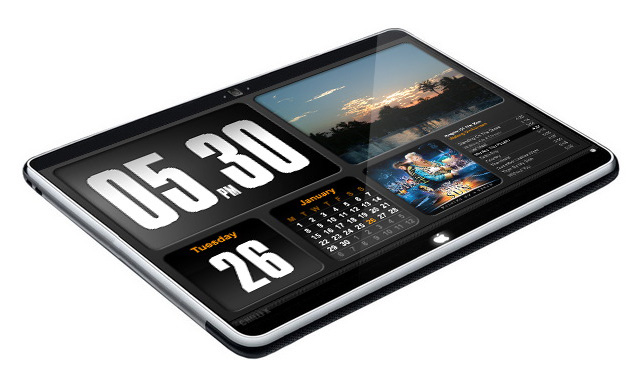
That’s what’s happened with Paragon Software, which sells iOS dictionary and reference apps for $20 to $30.
[aditude-amp id="flyingcarpet" targeting='{"env":"staging","page_type":"article","post_id":620273,"post_type":"story","post_chan":"none","tags":null,"ai":false,"category":"none","all_categories":"business,dev,mobile,","session":"C"}']“We’re committed to supporting the app for people who have bought it,” Paragon’s CEO Alex Zudin told me from Russia this morning. “But Apple says we can’t, because once you pull an app back from sales, you can’t support it anymore.”
In what Zudin calls the worst example, Paragon’s mobile unit Penreader published the Oxford Concise Dictionary for €25, about $34. The app earned multiple “hundreds of thousands of dollars,” resulting in Apple revenue of at least six digits, according to Paragon. People are still using this app, which they must have originally purchased on the second version of the iPhone. But since Paragon doesn’t sell it any more, it can’t update the app cannot for new versions of iOS or newer hardware such as iPhone 4 or 5.
AI Weekly
The must-read newsletter for AI and Big Data industry written by Khari Johnson, Kyle Wiggers, and Seth Colaner.
Included with VentureBeat Insider and VentureBeat VIP memberships.
“They come back to us and say: ‘Listen, I bought this for iPhone 2, and now I have the iPhone 5 … and it doesn’t work,” Zudin says. “But if the publisher is gone, or our license to sell the content expires, we have to remove the app from sale.”
This essentially means that anyone who buys a pricey app for iPhone or iPad is at risk of no longer being able to use the app they bought years down the road. That’s an issue when you’re talking apps with lasting value and high price points in a new world of mobile computing that changes so much faster than the desktop world we used to live in.
I have contacted Apple PR for comment, and will update this when they respond.
A decade ago, if you bought software, you had a reasonable expectation of being able to use it for some years, at least. Some people — such as my parents — have been using the same software on their Windows XP machine for close to a decade. And of course, on the desktop, even if you updated the underlying OS or you bought a bigger monitor, a company that chose to support its users could actually do so.
But it’s not so simple in the app store model, which as closed systems have much more regulation around what publishers and consumers can and can’t do.
Interestingly, Apple failing to permit developers to update their apps could even possible be seen as a violation of Apple’s own app user agreement, which states in section (c) that the user is buying a license to use the app:
[aditude-amp id="medium1" targeting='{"env":"staging","page_type":"article","post_id":620273,"post_type":"story","post_chan":"none","tags":null,"ai":false,"category":"none","all_categories":"business,dev,mobile,","session":"C"}']
The license is effective until terminated by You or Application Provider.
In Paragon’s case, neither the user nor Paragon have, of course, terminated the license. Of course, Apple does also include section (e), which essentially says than the app can completely fail to work without Apple being liable:
THE LICENSED APPLICATION AND ANY SERVICES PERFORMED OR PROVIDED BY THE LICENSED APPLICATION (“SERVICES”) ARE PROVIDED “AS IS” AND “AS AVAILABLE”, WITH ALL FAULTS AND WITHOUT WARRANTY OF ANY KIND
“The app store and iTunes don’t seem to be made for the long term,” Zudin says. “Apple doesn’t believe that customers can last for three to four years for apps, and their system is not able to handle long-term relationships.”
Zudin understands that this may be a rare exception and that not many mobile developers last for four years, never mind their apps. But Paragon has been in business since 1994, and he still wants to support his customers. And he says the same problem affects many developers of high-quality reference products, which are generally pricey and are intended to serve their users for years, not months.
“I understand they can’t handle it now,” he says. “Perhaps in iOS 7? That would be very nice!”
[aditude-amp id="medium2" targeting='{"env":"staging","page_type":"article","post_id":620273,"post_type":"story","post_chan":"none","tags":null,"ai":false,"category":"none","all_categories":"business,dev,mobile,","session":"C"}']
photo credit: Photo Giddy via photopin cc
VentureBeat's mission is to be a digital town square for technical decision-makers to gain knowledge about transformative enterprise technology and transact. Learn More
